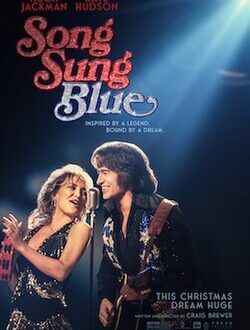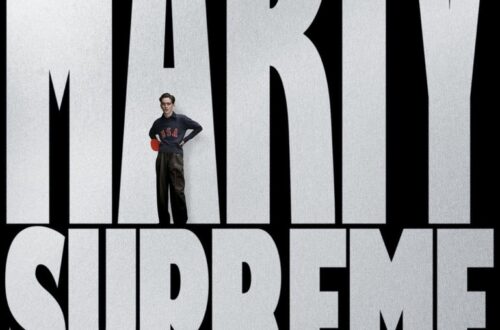Tina Fey is the kind of creative force who quietly dismantles tropes and rebuilds them in her own sharply witty image. As the screenwriter behind Mean Girls, her fingerprints are all over the film’s razor-sharp dialogue, path-breaking cultural satire, and endearing character arcs.
Her story begins not in Hollywood, but amidst the improvisational energy of Chicago’s Second City. Fey spent years earning her comedic stripes on stage before being recruited by Saturday Night Live in the late 1990s. There, she broke barriers—becoming the show’s first female head writer and eventually anchoring Weekend Update, where her talent for incisive political parody redefined late-night humor.
It was Fey’s knack for weaving truth with absurdity that guided her transition from writer to filmmaker. In 2004, she penned the screenplay for Mean Girls, based loosely on a self-help book about teenage cliques. But Fey infused the story with teen-hood truths and cutting wit written with a clarity only someone intimately familiar with its chaos could deliver. Regina George, Cady Heron, and the Burn Book are partly satire, partly confession.
Since then, she has continued to build a world where laughter and insight walk hand-in-hand. 30 Rock, the sitcom she created, produced, and starred in, was a masterclass in self-aware satire, skewering showbiz while also embracing its eccentricities. Her follow-up, Unbreakable Kimmy Schmidt, leaned into surrealism with affection, proving her versatility and willingness to let absurdity pull us into deeper truths.
She also adapted Mean Girls into a Broadway musical—writing the book while her husband composed the score—and then again into the 2024 musical film. This artistic full circle shows not only Fey’s enduring attachment to the story but the depth she finds in its themes: friendship, identity, and the societal pressures undergirding teen culture. Across these iterations, her voice adapts but never dulls.
Fey’s accolades—nine Emmys, Golden Globes, the Mark Twain Prize for American Humor—underline how seriously the industry takes her comedic insight. Yet she remains grounded, famously modest and averse to celebrity excess. Her humor is never about star-making; it’s about revealing the absurd in the everyday, whether that’s the media, politics, or the pressure cooker that is high school.
Though Fey constructed the world of Mean Girls, she remains quietly in the background. You might hear her voice in a film character or see her on screen for a cameo, but her real magic lies behind the scenes—structuring comedy with precision and setting the cultural terms for an entire generation’s jokes. In an era where trending is often content with noise, Tina Fey shapes what’s memorable.
Her influence extends beyond her awards and popular franchises. Many comedians—especially women—cite her path as proof that satire can be both sharp and sincere, that humor can address power structures without tipping into cynicism. She continues to excel in an industry where comedic voices often get sidelined, cementing her legacy as a writer who doesn’t chase the next viral moment—she defines the moment itself.
So while the characters of Mean Girls may dominate headlines, it’s Tina Fey’s pen—and the heart behind it—that still inspires. Her satire is soft under the glitter, her observation fearless yet empathetic. She remains, in every sense worth navigating, the architect of the mean jokes with generous consequences.




